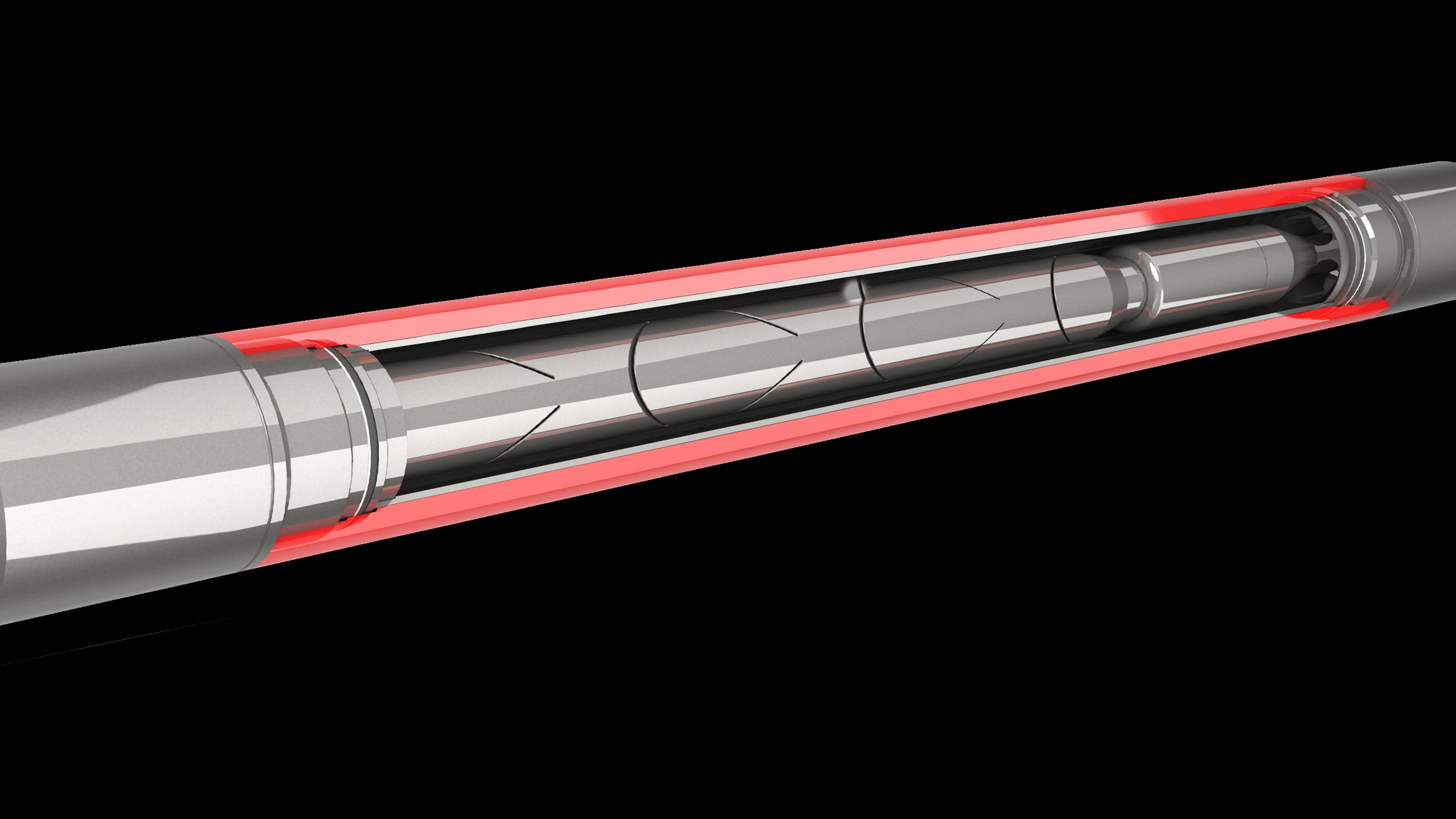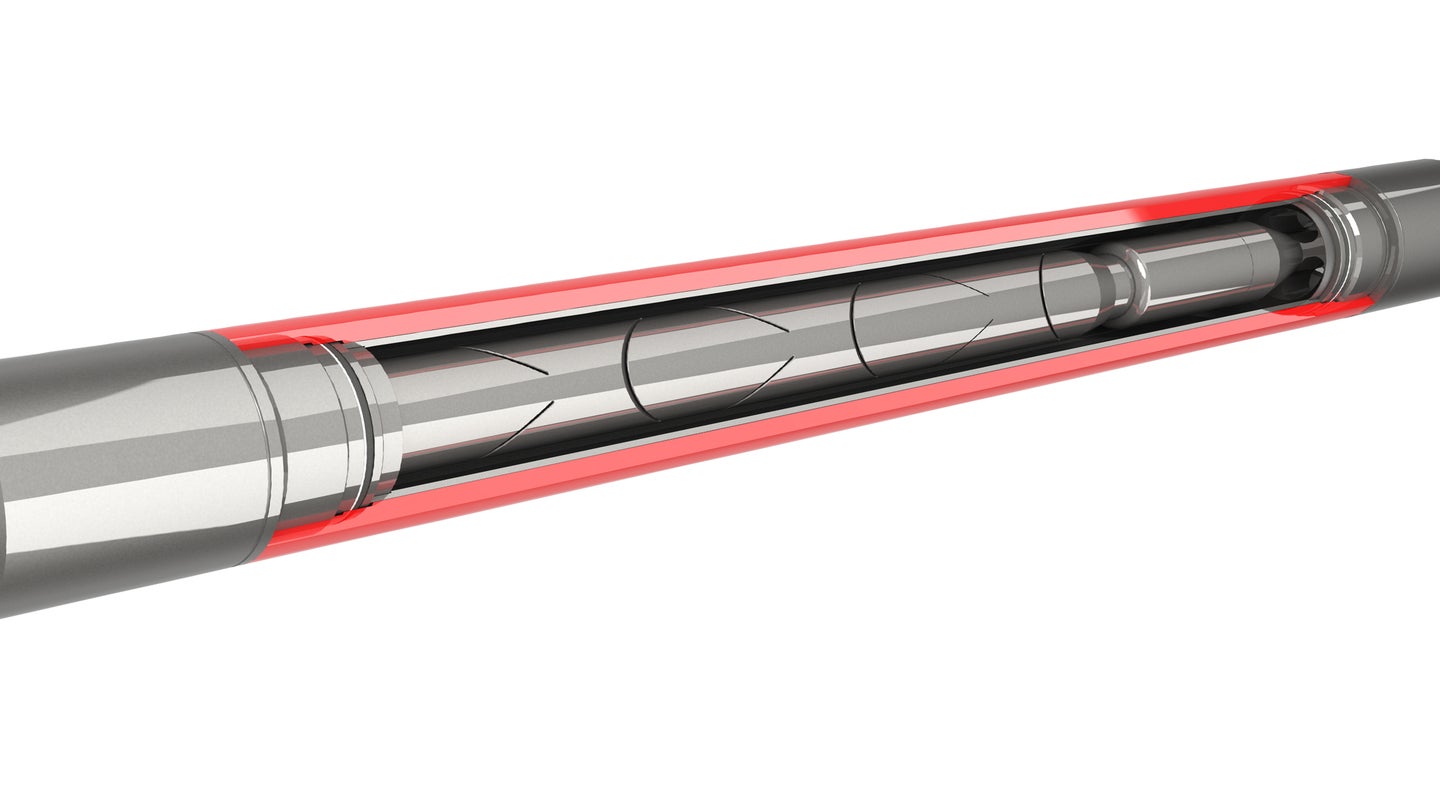 Search
Search
 Search
Search

Deterred damaging solids from entering the ESP system during power shutdown events
Download PDFUnconventionals

Mitigate sand blockages interfering with frac fluids treatments

Ecuador

An Ecuadorian operator wanted to maintain incremental production levels and keep reservoir pressure steady by fracking four wells in the Ui formation. The oilfield had a history of more than 25 stops throughout the year, largely due to pumps becoming blocked by the massive presence of sand. Previously, standing valves were employed to avoid sand falling back into the electrical submersible pump (ESP) system. However, the standing valve components were repeatedly blocked or mechanically damaged by solids from the fracturing process and the formation itself. The customer now sought longer run times unaffected by sand-related issues, leading to more effective, continuous administration of chemical treatments downhole.
The Ui formation reservoir depth was between 10,200 and 10,300 ft. (TVD), and the fracking fluid had an average API of 16°. The effects of emulsion and heavy-to-severe solids threatened to damage existing ESPs, in particular causing overstressed motors and accelerated pump wear. The sand blockages during restart made it impossible to recover or change moving elements of the standing valve.
The SandRight solids fallback preventer was implemented on all four wells to help avoid sand flowing in the reverse direction. Its unique internal design forms a sand bridge in the annulus of the tool, allowing the pump to re-fluidize the sand and run gas and chemical treatments through the tubing passageway above the tool—without causing any damage to the pump. A big advantage of the SandRight tool is the absence of mobile elements that can get blocked (in this case, by excessive sand) during operation. The success of this engineered solution was further assured by the use of DuraHard 15 hardened metallurgical materials to better protect against corrosion and erosion.
The SandRight tool allowed the wells to restart without any signs of hard starts or damage to the tool, or to the ESP. This is impressive considering that these wells historically had over three stops every month during the course of a year. The flow of chemical treatments via the tubing configuration above the tool kept the fracturing process going according to plan. ESP cleaning jobs were also made possible directly through the tubing and SandRight tool. Overall, this job demonstrates the longer run life of ESPs installed in unconventional applications lowered well costs and maximized asset value.
